 #2181 - Alan Graham
#2181 - Alan Graham
Digest
This podcast features an interview with Alan Graham, founder of Mobile Loaves & Fishes, a non-profit organization dedicated to serving the homeless community in Austin, Texas. Graham shares his personal journey of faith and how it led him to create a community that provides housing, support services, and opportunities for personal growth to formerly chronically homeless individuals. He discusses the challenges of reconciling his faith with seemingly impossible concepts like the resurrection and virgin birth, emphasizing the importance of accepting the immensity of the unknown. Graham critiques the current social landscape, highlighting the disconnect and lack of compassion prevalent in modern society, particularly in urban areas. He argues that the rise of homelessness is a symptom of a sick culture that has lost its sense of community and purpose. Graham advocates for innovative solutions like Community First Village, which offers a more humane and dignified approach to addressing homelessness. He emphasizes the importance of empowering communities to engage in service with the homeless, rather than relying solely on government intervention. Graham believes that a human-to-human connection is essential for helping those who have experienced trauma and that the "pull yourself up by your bootstraps" mentality is unrealistic and insensitive. He discusses the challenges faced by the Community First Village in terms of safety and managing individuals with addiction or mental health issues, emphasizing their low barrier entry policy and focus on civil obedience. Graham acknowledges the inherent capacity for both good and evil in humanity, using Christopher Columbus as an example of a complex figure who is both celebrated and vilified. He reflects on the historical complexities of human interactions and the need for nuanced understanding. Graham reiterates the idea that the health of a community is often measured by how it treats its most vulnerable members. He believes that the homeless crisis in Los Angeles is a symptom of a sick culture and that innovative solutions like the community he has built are essential for creating a healthier society.
Outlines

Introduction and Alan Graham's Work
The podcast begins with an introduction to Alan Graham, founder of Mobile Loaves & Fishes, a non-profit organization dedicated to helping the homeless. The host expresses admiration for Graham's work and the community he has built.

The Genesis of Mobile Loaves & Fishes
Graham shares the story of how Mobile Loaves & Fishes began, tracing its roots back to a spiritual retreat where he felt a calling to serve others. He describes the initial idea of using a catering truck to distribute food to the homeless and how this vision evolved into the creation of a community.

Faith and the Intellectual vs. Heart Relationship with Christ
Graham discusses his personal journey of faith, explaining how his intellectual understanding of Christianity deepened into a more profound heart-based relationship with Christ. He reflects on the challenges of reconciling seemingly impossible concepts like the resurrection and virgin birth with his faith.

The Immensity of the Unknown and the Mystery of Transistors
Graham explores the concept of accepting the immensity of the unknown, drawing parallels to scientific advancements like transistors, which are difficult to comprehend but accepted based on evidence. He touches on the intriguing theory that some technological breakthroughs may have originated from back-engineered UFO technology.

Faith as a Foundation and the Impact of Religion
Graham emphasizes his approach to religion as a matter of faith, rooted in his childhood experiences and the positive impact he witnessed in his mother's life. He acknowledges the profound effect religion can have on individuals and communities, motivating them to do good works.

The Human Impact of Religion and the Need for a Shift in Perspective
Graham reflects on the complexities of religion and its potential for both good and evil throughout history. He argues that we need to move beyond simplistic judgments and recognize the inherent goodness in most people, even those who struggle with addiction or mental health issues.

The Transformative Power of Community and the Importance of Hope
Graham highlights the transformative power of the community he has built, emphasizing how it has shaped the lives of the homeless individuals who live there. He believes that by creating a space of hope and purpose, they can offer a solution to the seemingly hopeless situation of homelessness in urban areas.

Screening and Safety in the Community
Graham addresses concerns about safety in the community, explaining that they have a low barrier entry policy and focus on civil obedience. He believes that most people, even those struggling with addiction, are fundamentally good and that the media often exaggerates the threat posed by certain groups.

Empowering Communities and the Need for Human Connection
Graham emphasizes the importance of empowering communities to engage in service with the homeless, rather than relying solely on government intervention. He argues that a human-to-human connection is essential for helping those who have experienced trauma and that the "pull yourself up by your bootstraps" mentality is unrealistic and insensitive.

The Disconnect in Modern Society and the Reflection of a Sick Culture
Graham critiques the isolation and disconnect prevalent in modern society, particularly in cities like Los Angeles. He argues that the growing homeless population is a reflection of a sick culture that has lost its sense of community and compassion.

The Culture of Death and the Loss of Discipline
Graham explores the factors contributing to the rise of homelessness, including a culture of death, a focus on individual rights over community, and a decline in traditional forms of discipline. He reflects on the changing social landscape and the loss of a sense of purpose and responsibility.

The Limitations of Modern Education and the Importance of Exploration
Graham criticizes the current education system, arguing that it is designed to prepare students for the workforce rather than fostering a love of learning and exploration. He emphasizes the importance of engaging children in activities that spark their curiosity and enthusiasm.

The Humbling Power of Nature and the Loss of Wonder
Graham discusses the humbling power of nature, particularly the night sky, and how light pollution has robbed us of this experience. He believes that being confronted with the vastness of the cosmos can foster a sense of humility and wonder that is essential for a healthy perspective on life.

The Perverted Nature of Humanity and the Legacy of Christopher Columbus
Graham acknowledges the inherent capacity for both good and evil in humanity, using Christopher Columbus as an example of a complex figure who is both celebrated and vilified. He reflects on the historical complexities of human interactions and the need for nuanced understanding.

The Health of a Community and the Importance of Innovation
Graham reiterates the idea that the health of a community is often measured by how it treats its most vulnerable members. He believes that the homeless crisis in Los Angeles is a symptom of a sick culture and that innovative solutions like the community he has built are essential for creating a healthier society.

The Need for Innovation and the Elimination of SROs
Graham argues that the current homeless crisis is not entirely new but has been exacerbated by the urban environment and a lack of affordable housing options. He highlights the elimination of single-room occupancy units (SROs) as a contributing factor and calls for a renewed focus on innovation to address the issue.

The Debacle of Mental Health Institutions and the Need for Different Levels of Care
Graham delves into the history of mental health institutions, tracing the shift from institutionalization to community-based care. He acknowledges that while this transition was largely positive, it has left some individuals with severe mental health needs without adequate support.

Replicators and the Community First Model
Graham discusses the replication of the Community First Village model, explaining that they host symposiums where people from around the country can learn about their approach. He acknowledges that while there is no single blueprint for replicating the model, there are certain core principles that are essential.

The Loss of Entrepreneurial Spirit and the Importance of Dignity
Graham reflects on the changing social landscape and the decline of entrepreneurial opportunities for those living in poverty. He argues that the current system, which often criminalizes street vending and other forms of informal work, undermines the dignity and purpose of individuals.

The Location of Homeless Shelters and the Need for Alternatives
Graham discusses the location of a homeless shelter in downtown Austin and the challenges associated with its proximity to a vibrant nightlife district. He advocates for building more community-based alternatives like the Community First Village, which offer a more humane and dignified approach to addressing homelessness.

Revitalization of 6th Street and Homelessness in Austin
The conversation begins with a discussion about the revitalization efforts on 6th Street in Austin and the ongoing challenges of homelessness in the area. The speakers acknowledge the presence of a large homeless population and the negative side effects associated with it, including drug addiction and public health concerns.

Community First Village and Harm Reduction Model
The conversation shifts to Community First Village, a non-profit organization that provides housing and support services for chronically homeless individuals in Austin. The speaker highlights the village's harm reduction model, which aims to reduce drug and alcohol use among residents. Statistical data suggests a significant decrease in substance abuse among those who transition from the streets to the village.

Exploring Psychedelics for Addiction Treatment
The speaker expresses interest in exploring the potential of psychedelics as a treatment mechanism for addiction. They argue that the legalization of marijuana has shown positive results in reducing harm associated with other drugs, and they believe that further research into psychedelics could offer additional relief for individuals struggling with addiction.

Eligibility Criteria and Admission Process for Community First Village
The conversation delves into the eligibility criteria and admission process for Community First Village. The speaker explains that residents must be chronically homeless, meeting specific definitions outlined by HUD. They also discuss the role of the homeless management information system (HMIS) in tracking individuals' history and vulnerability.

Outreach and Building Relationships with the Homeless Population
The speaker describes the organization's outreach efforts, including mobile meal programs and street retreats. They emphasize the importance of building relationships with individuals experiencing homelessness and the role of these connections in facilitating their transition into the village.

3D Printed Houses and Innovative Housing Solutions
The conversation focuses on the use of 3D printed houses at Community First Village. The speaker explains how the organization partnered with a local company to utilize this innovative technology for affordable and sustainable housing solutions. They highlight the benefits of this approach, particularly for those who cannot afford traditional housing options.

Missionals and the Role of Volunteers in the Community
The speaker introduces the concept of "missionals," individuals who choose to live in the village and serve alongside formerly chronically homeless residents. They emphasize the importance of this integrated community model, where volunteers and residents work together to create a supportive and inclusive environment.

Overcoming Resistance and Proving the Value of Community First Village
The speaker recounts the initial resistance they faced from neighboring communities, who expressed concerns about property values and safety. However, the speaker highlights how the village has actually increased property values and reduced crime in the surrounding area, demonstrating the positive impact of their work.

Finding a Home for Community First Village and Overcoming Obstacles
The speaker shares the challenges they faced in securing land for the village, including initial attempts to partner with the city of Austin and the subsequent rejection from local communities. They describe the eventual decision to locate the village outside the city limits and the positive impact it has had on the surrounding area.

Addressing Concerns about Crime and Property Values
The speaker addresses concerns about crime and property values, providing evidence that the village has not led to an increase in crime and has actually increased property values in the surrounding area. They also acknowledge the presence of minor incidents within the village, but emphasize that these are not indicative of a dangerous environment.

Conclusion and Call to Action
The conversation concludes with a call to action for listeners to learn more about Community First Village and get involved. The speaker provides information about the organization's website, social media presence, and book, encouraging listeners to visit the village and witness the positive impact of their work firsthand.
Keywords
Mobile Loaves & Fishes
A non-profit organization founded by Alan Graham in 1998, dedicated to serving the homeless community in Austin, Texas. It provides housing, food, and support services, fostering a sense of community and purpose.
Community First Village
A unique community developed by Mobile Loaves & Fishes, offering affordable housing, support services, and opportunities for personal growth to formerly chronically homeless individuals. It is a model for compassionate and innovative solutions to homelessness.
Chronically Homeless
Individuals who have experienced homelessness for an extended period, typically defined as a year or more. This population often faces significant challenges, including mental health issues, substance abuse, and lack of access to resources.
Harm Reduction Model
A public health approach that aims to reduce the negative consequences of drug use without necessarily eliminating drug use altogether. This model emphasizes providing support services, safe environments, and access to resources to help individuals manage their substance use and improve their overall well-being.
Psychedelics
A category of psychoactive drugs that alter perception, mood, and consciousness. Some research suggests that psychedelics may have therapeutic potential for treating conditions like addiction, depression, and anxiety. However, further research is needed to fully understand their safety and efficacy.
3D Printed Houses
Houses constructed using 3D printing technology, which involves layering materials to create a structure. This method offers advantages like speed, affordability, and sustainability, making it a promising solution for addressing housing shortages and providing affordable housing options.
Missionals
Individuals who choose to live in a community and serve alongside those experiencing homelessness. Missionals often have a strong commitment to social justice and a desire to create a more equitable and inclusive society.
Not-In-My-Backyard (NIMBY)
A common attitude among residents who oppose development projects in their neighborhood, often citing concerns about property values, crime, or environmental impact. NIMBYism can create obstacles for social services and affordable housing projects, particularly in areas with limited resources.
Q&A
How did Alan Graham's spiritual retreat lead to the founding of Mobile Loaves & Fishes?
The retreat sparked a desire in Graham to serve others, leading to the initial idea of using a catering truck to distribute food to the homeless. This vision eventually evolved into the creation of a community that provides housing, support services, and opportunities for personal growth.
What is the Community First Village and how does it address the issue of homelessness?
Community First Village is a unique community developed by Mobile Loaves & Fishes, offering affordable housing, support services, and opportunities for personal growth to formerly chronically homeless individuals. It is a model for compassionate and innovative solutions to homelessness.
How does Alan Graham reconcile his faith with seemingly impossible concepts like the resurrection and virgin birth?
Graham believes that accepting the immensity of the unknown is essential for faith. He describes his journey from an intellectual understanding of Christianity to a more profound heart-based relationship with Christ, where he embraces the mystery and wonder of faith.
What are some of the challenges faced by the Community First Village in terms of safety and managing individuals with addiction or mental health issues?
Graham acknowledges that there are challenges in managing a community with a diverse population, including individuals with addiction or mental health issues. However, he emphasizes that they have a low barrier entry policy and focus on civil obedience, believing that most people are fundamentally good.
What are some of the factors contributing to the rise of homelessness in urban areas?
Graham identifies several factors, including a culture of death, a focus on individual rights over community, a decline in traditional forms of discipline, and the elimination of affordable housing options like SROs. He believes that these factors reflect a societal disconnect and a lack of compassion for the most vulnerable members of society.
How does Alan Graham view the role of government in addressing homelessness?
Graham believes that while government intervention is important, it is not enough. He emphasizes the need for community-based solutions that foster human connection and empower individuals to help themselves. He argues that the "pull yourself up by your bootstraps" mentality is unrealistic and insensitive, given the complex challenges faced by many homeless individuals.
What is the significance of the Community First Village model and its potential for replication?
The Community First Village is a model for compassionate and innovative solutions to homelessness. It demonstrates that by creating a space of hope, purpose, and community, it is possible to make a real difference in the lives of those who are struggling. The model is being replicated in other cities around the country, offering hope for a more humane and effective approach to addressing homelessness.
What is Community First Village and what services does it provide?
Community First Village is a non-profit organization in Austin, Texas, that provides housing and support services for chronically homeless individuals. The village offers a safe and supportive environment, along with access to resources like healthcare, mental health services, and job training.
How does Community First Village address the issue of homelessness and substance abuse?
The village utilizes a harm reduction model, which focuses on reducing the negative consequences of drug use without necessarily eliminating drug use altogether. This approach provides support services, safe environments, and access to resources to help individuals manage their substance use and improve their overall well-being.
What are the eligibility criteria for admission to Community First Village?
Residents must be chronically homeless, meeting specific definitions outlined by HUD. They must also have lived in the Austin area for at least a year and be considered highly vulnerable based on a coordinated assessment tool.
How does Community First Village overcome resistance from neighboring communities?
The village has demonstrated its positive impact on the surrounding area, increasing property values and reducing crime. They have also actively engaged with local residents, addressing concerns and building relationships to foster understanding and support.
How can individuals get involved with Community First Village?
Individuals can learn more about the organization by visiting their website, mlf.org, or following their social media accounts. They can also support the village through donations or volunteer opportunities.
Show Notes
Alan is the founder and CEO of Mobile Loaves & Fishes, a Christian social outreach ministry that provides food and clothing, cultivates community and promotes dignity to homeless men and women in need. He's also the host of the "Gospel Con Carne" podcast and author of "Welcome Homeless: One Man’s Journey of Discovering the Meaning of Home."
Learn more about your ad choices. Visit podcastchoices.com/adchoices

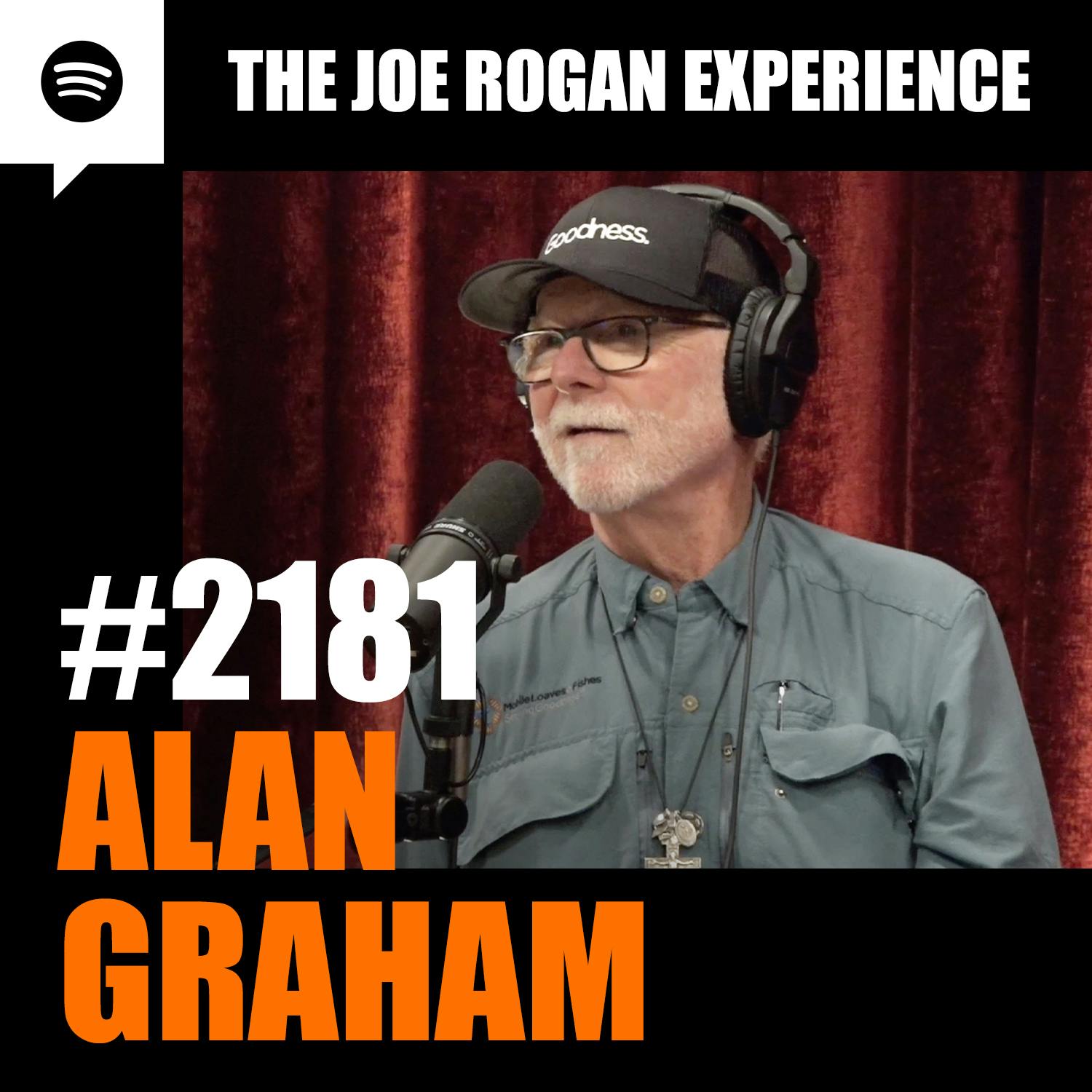
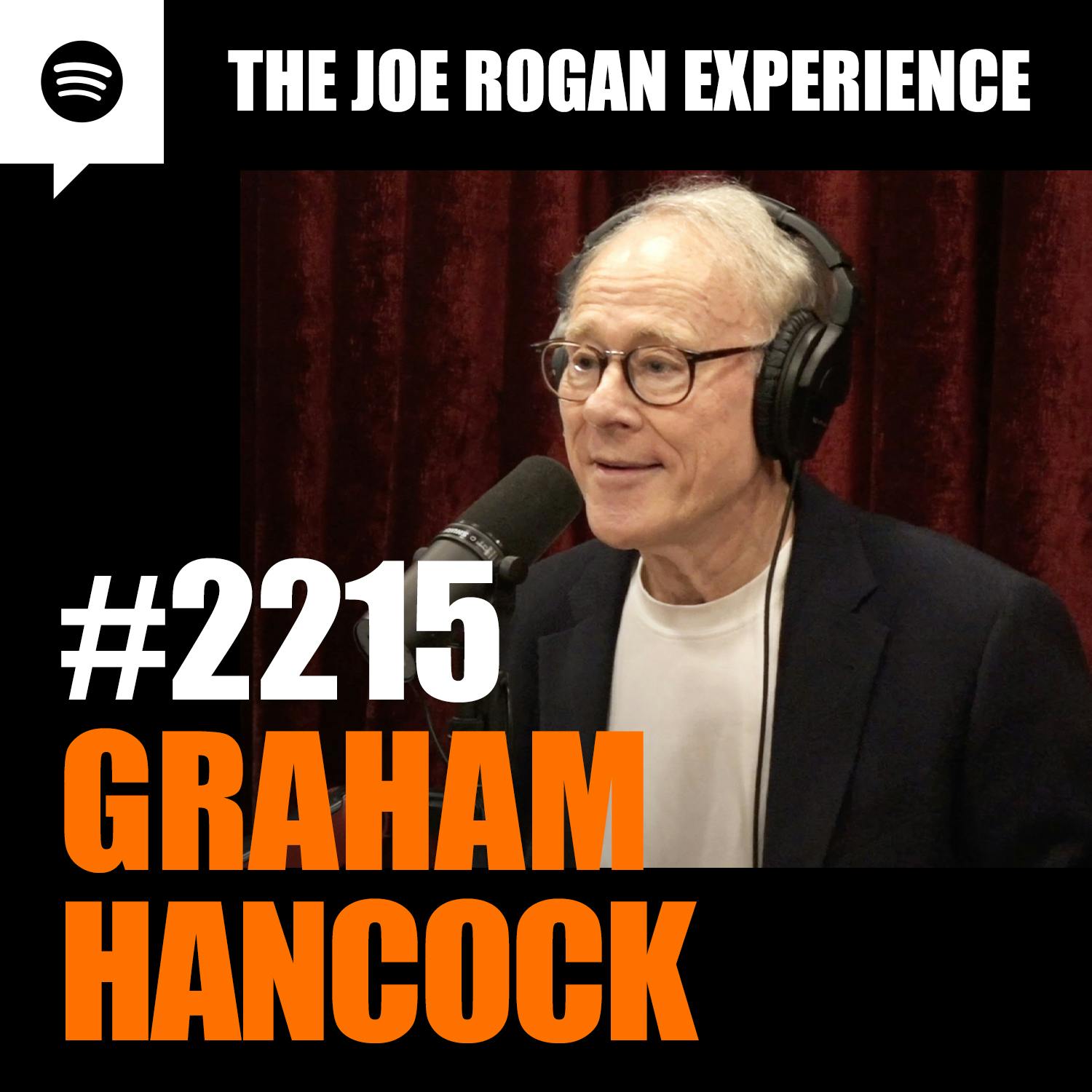
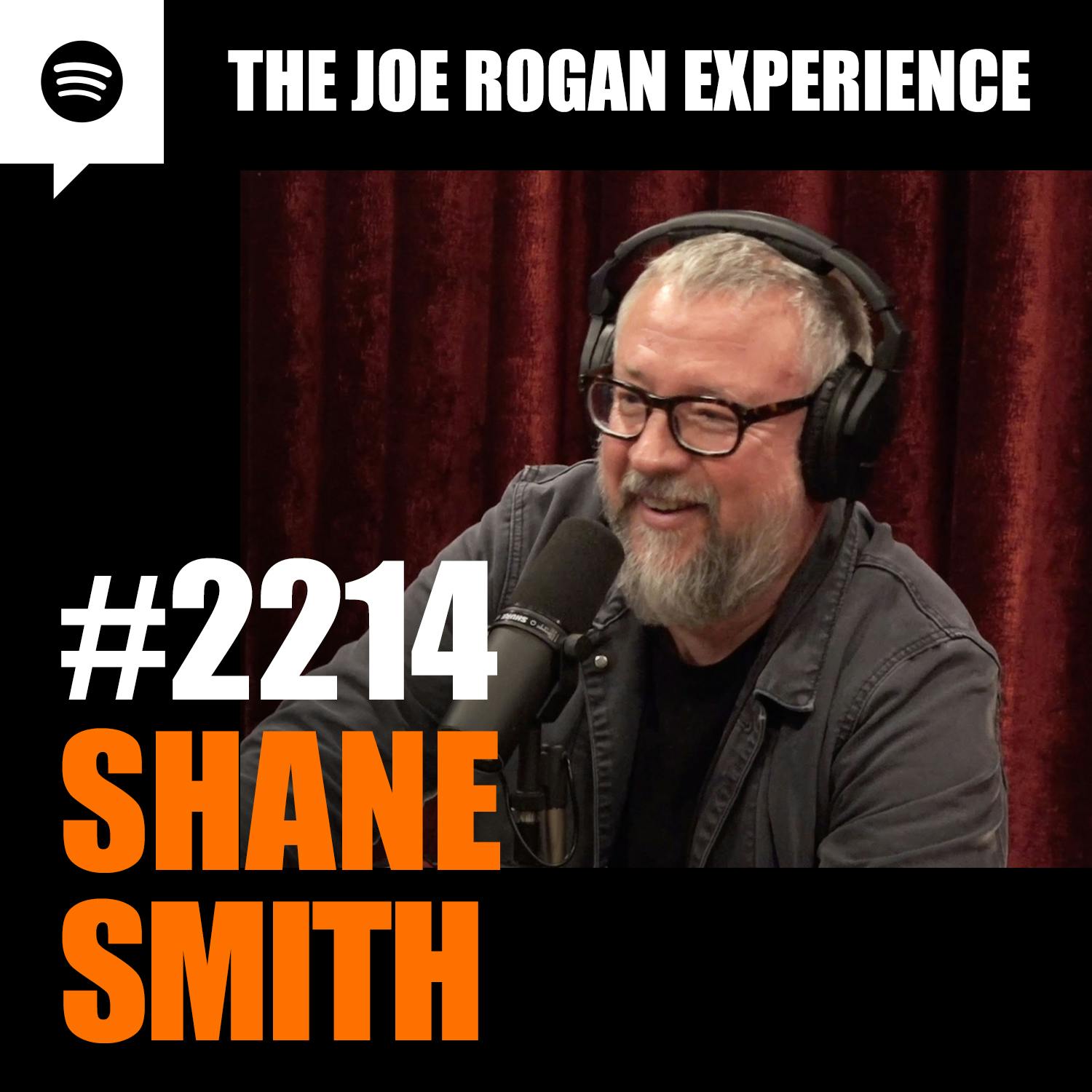


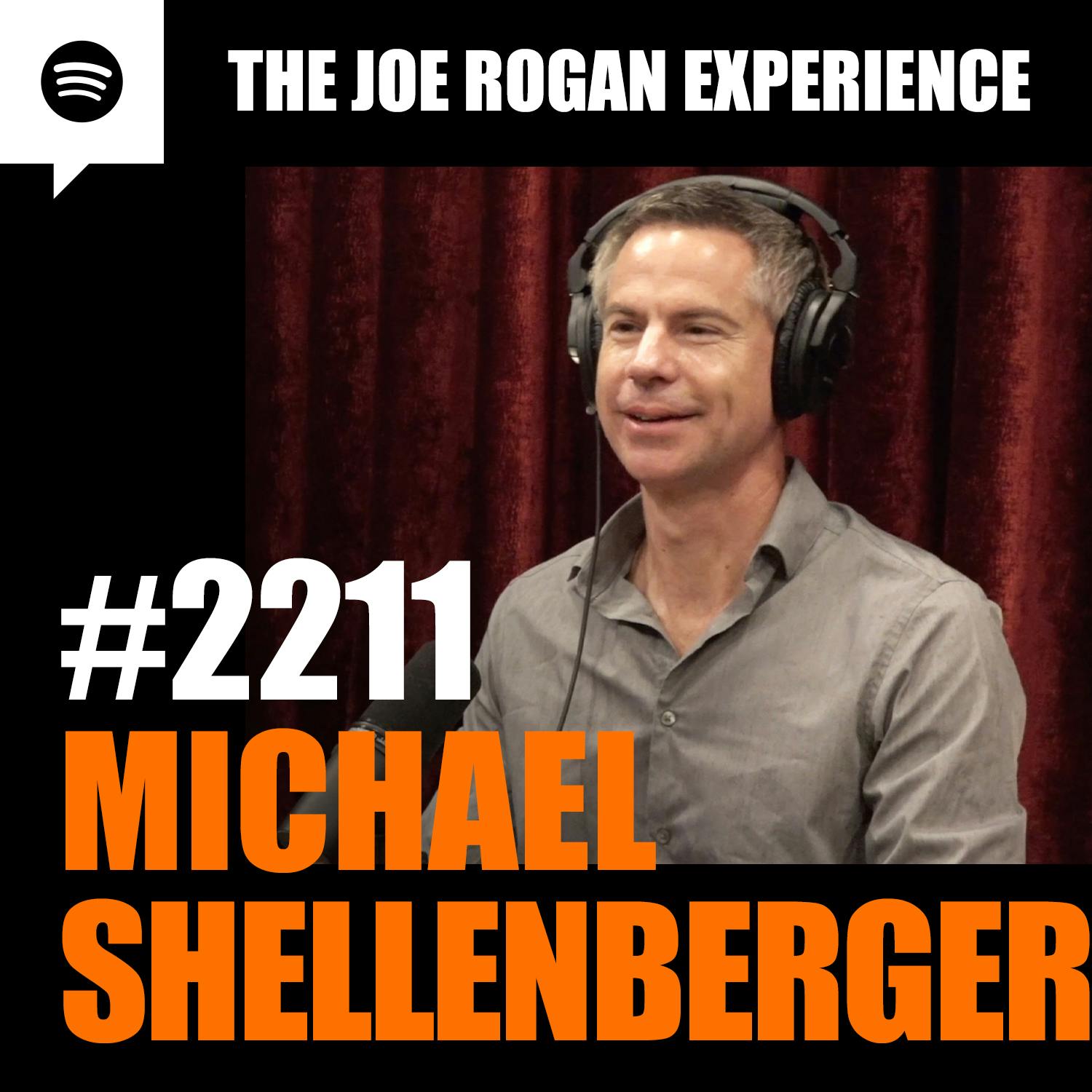









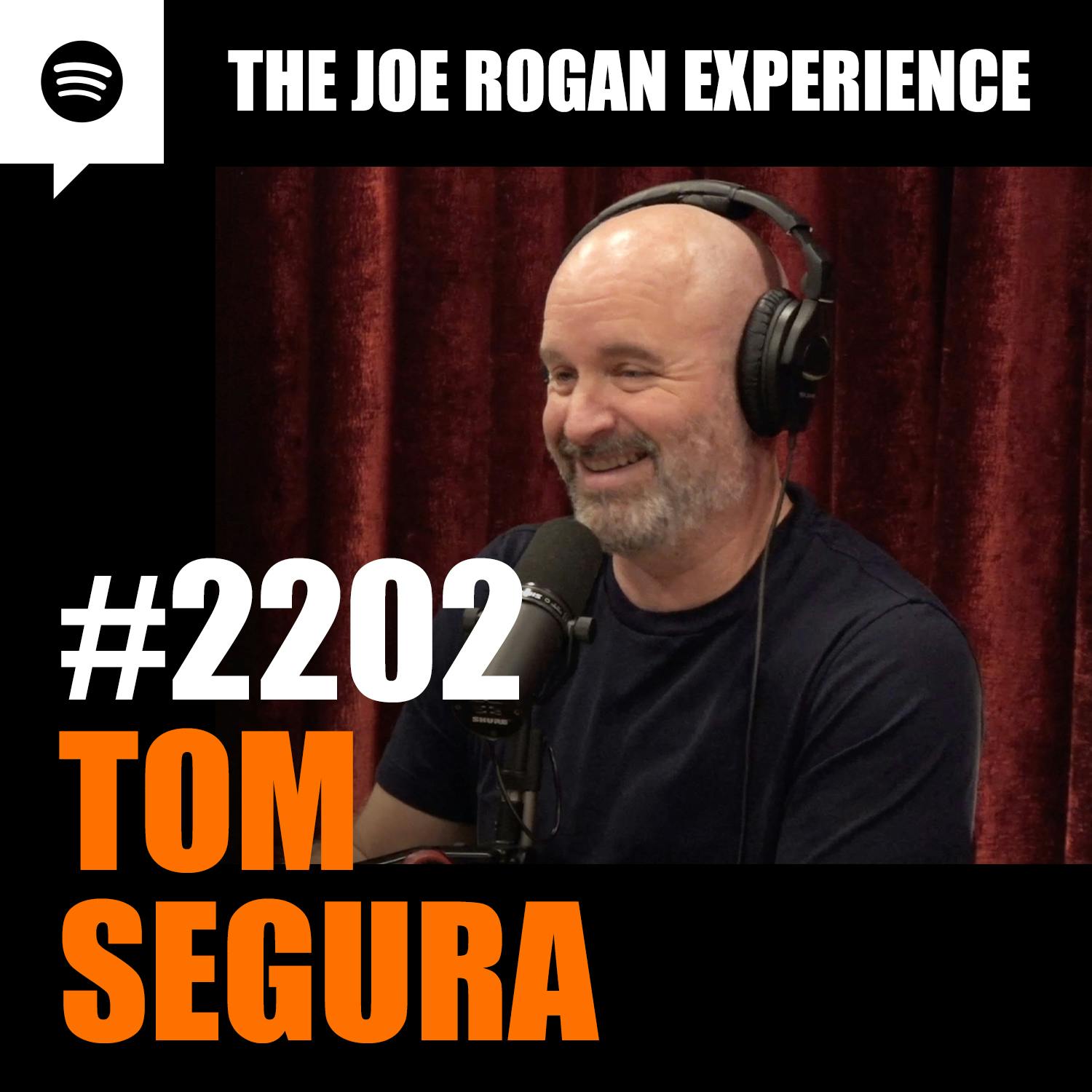




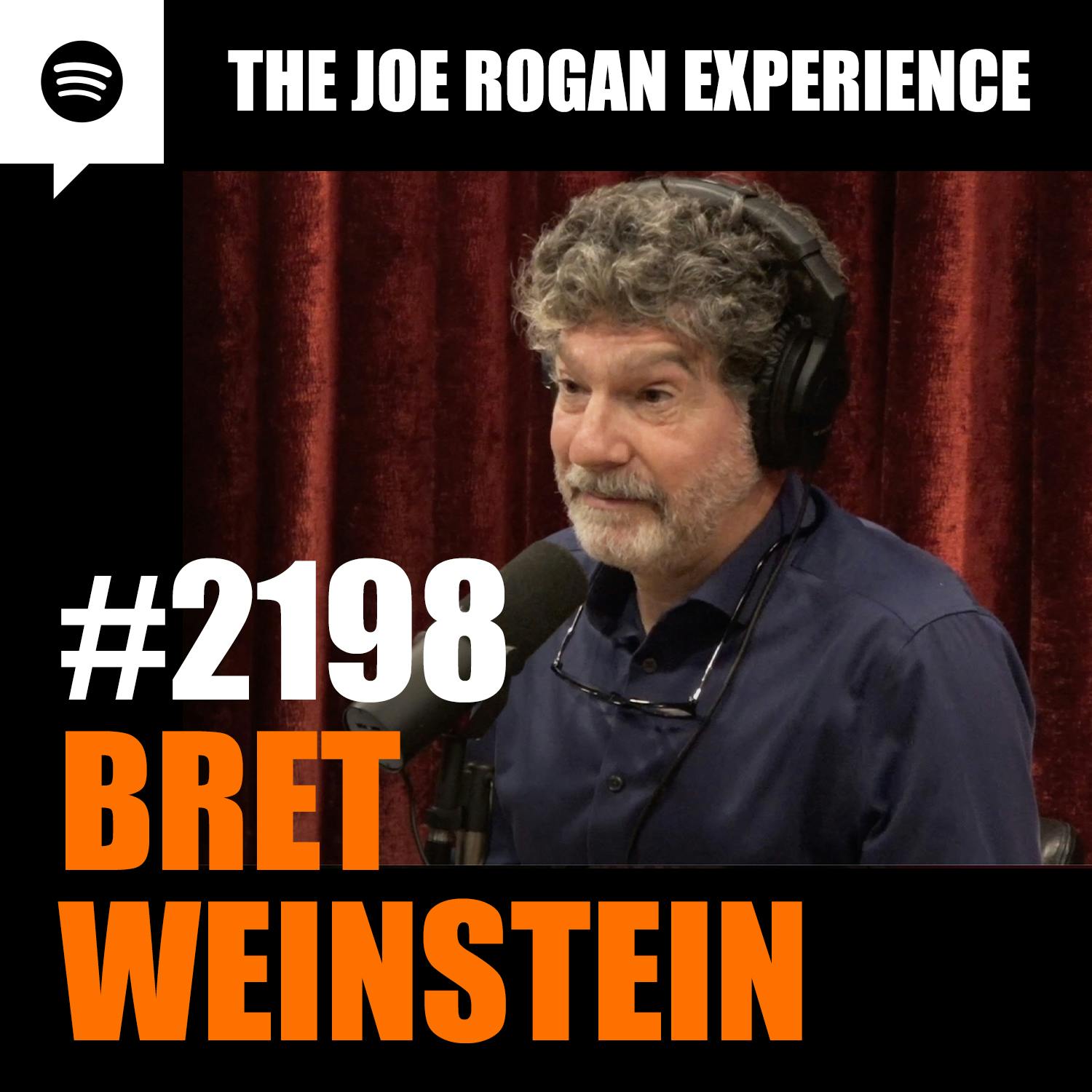




I've been waiting for Alan to be on the show. He's a saint.